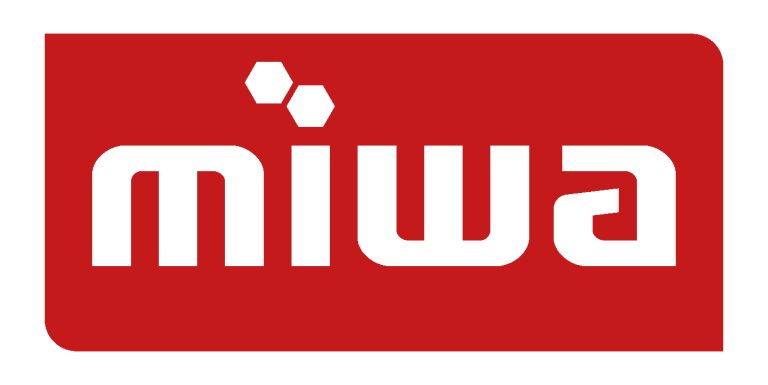Keeping your vehicle in tip-top shape goes far beyond aesthetics. Any car can look good as new after a wash and polish, but it’s what’s going on under the bonnet that is most important.
Much like the human body, there are certain fluids that are essential to the optimal running of your vehicle. If your car is parched of these essential fluids it could come to a screeching halt and cause costly damage.
The Motor Industry Workshop Association (MIWA), a proud affiliate of the Retail Motor Industry (RMI), says with the right accredited workshop on your side, all the necessary checks on fluid levels will be addressed during a scheduled service.
“Unless you’re a mechanic, you may not know the first thing about changing oil, brake and other fluids. Five fluids in particular need to be checked regularly to ensure your vehicle performs optimally and keeps you safe on the road,” says MIWA chairperson Dewald Ranft.
“While most are fairly simple to replenish yourself, with the guidance of your vehicle manual, it is advisable to rather have a trained workshop technician do this. Components using fluids also need to be regularly flushed of build-up, and it’s also vitally important that the correct grade of oil and other fluids is used. This is where expert help and advice is good to have.”
These are the 5 fluids that should be regularly checked and why:
1. Engine oil
Gone are the days that oil changes happened every so many kilometres, regardless of the type of vehicle. The primary role of engine oil is to lubricate the many moving parts of your engine to prevent abnormal wear and tear. If you don’t change your oil regularly, friction builds up between the moving parts. Excessive friction forces your engine to work harder and this creates excess heat and pressure. Oil also plays a role in fuel, emissions and overall efficiency, which is something modern car manufacturers all over the world are striving for. When your oil level drops too low or it becomes dirty, these controls can’t perform their core functions.
“Oil is the lifeblood and heart of your car’s engine. The engine oil lubricates moving parts, reduces friction and regulates temperature. If you are checking the oil yourself, make sure the car is on a level service and the engine is cold,” Ranft says.
2. Gearbox oil
Gearbox oil prevents teeth from grinding on gears and metal-to-metal contact, which can damage your car’s components. This is definitely not a fluid you want to neglect. Inadequate levels can permanently damage your gearbox and end in a costly repair bill. The level should never drop noticeably between oil changes.
“By lubricating the moving parts (gears), gearbox oil ensures smooth gear changing and it assists in cooling the gearbox. Gearbox oil helps your transmission run smoothly. More importantly, it helps protect critical internal components in your car’s gear systems from wear and heat damage. Inadequate lubrication can result in the scouring, corrosion, scuffing and pitting of important drivetrain components,” Ranft says.
3. Antifreeze
Antifreeze keeps the water in the radiator and engine from freezing in cold temperatures and from boiling over in hot temperatures. It is also a lubricant for the moving parts it comes into contact with, such as the water pump of the vehicle.
“Ask your technician what antifreeze should be used for your vehicle and the appropriate ratio to water to prevent against corrosion and potential freezing,” Ranft advises.
4. Brake fluid
Brake fluid is one of the fluids that most people overlook, but it’s essential to your safety and that of other road users that your car can stop when you need it to. A drop in brake fluid typically indicates that your brake pads have worn to the point of needing maintenance. Be sure to have your brakes checked by an accredited workshop.
“Only use brake fluid specified and recommended for your vehicle,” Ranft reiterates.
5. Power-steering fluid
This fluid gives your steering wheel flexibility and creates a hydraulic link between the steering wheel and the front wheels, making it effortless to turn the wheels. Again, it is a fluid that lubricates moving parts – in this case, within the steering system.
“Neglecting to maintain this fluid will not only make it difficult to steer your car, but it can also affect other parts of the steering system, which can lead to costly repairs,” Ranft warns.
In conclusion, Ranft adds that another good fluid to keep topped up is the windscreen washer so that the windscreen jets can clean your windscreen when required.
“Maintaining the above five crucial fluids in your car is vital to ensure its longevity, performance and, most importantly, your safety on the road.
“Regularly checks and adhering to manufacturer-recommended maintenance schedules can prevent costly repairs and breakdowns. Make fluid maintenance a priority to keep your car running smoothly and reliably for years to come,” says Ranft.
Go to www.miwa.org.za to find a MIWA-accredited workshop near you.



